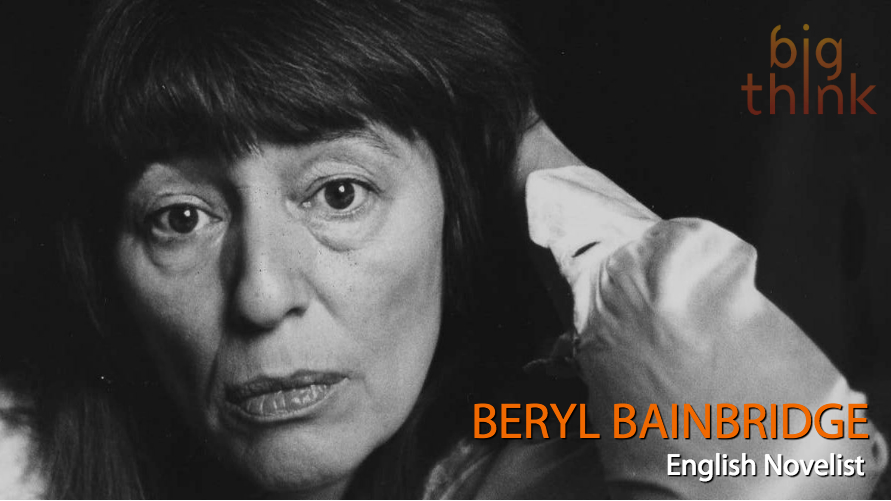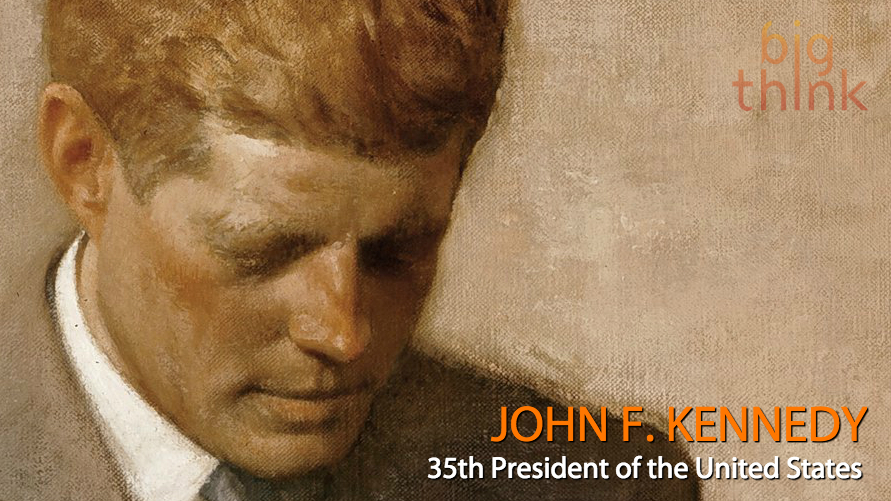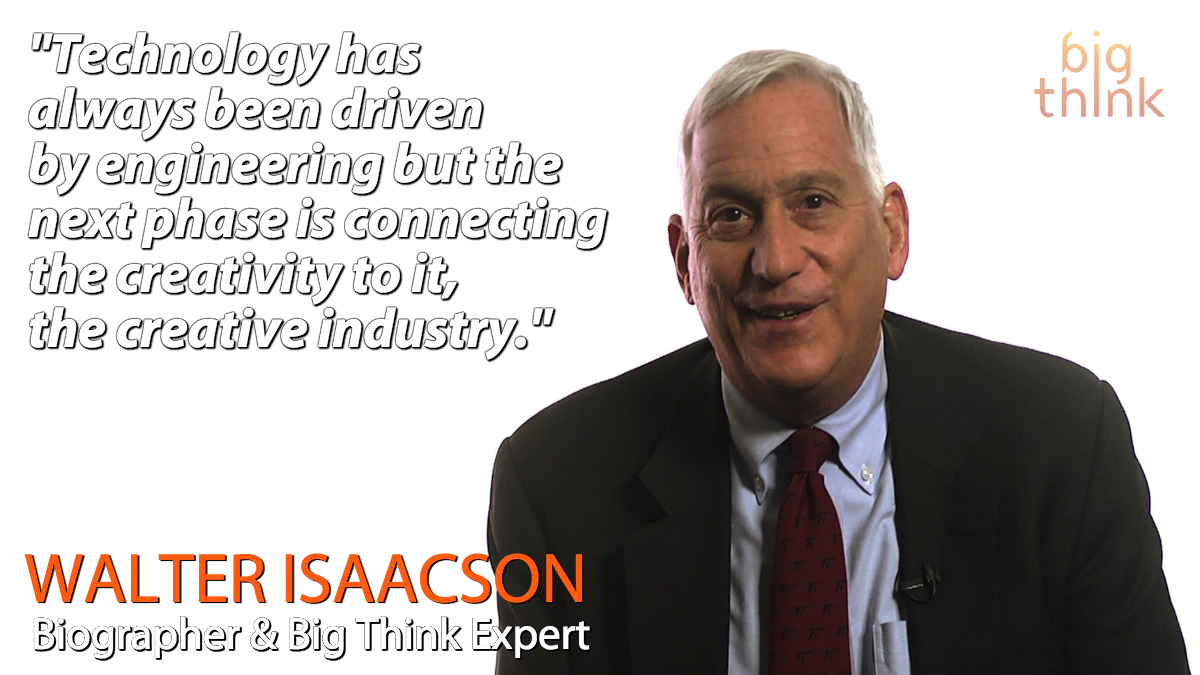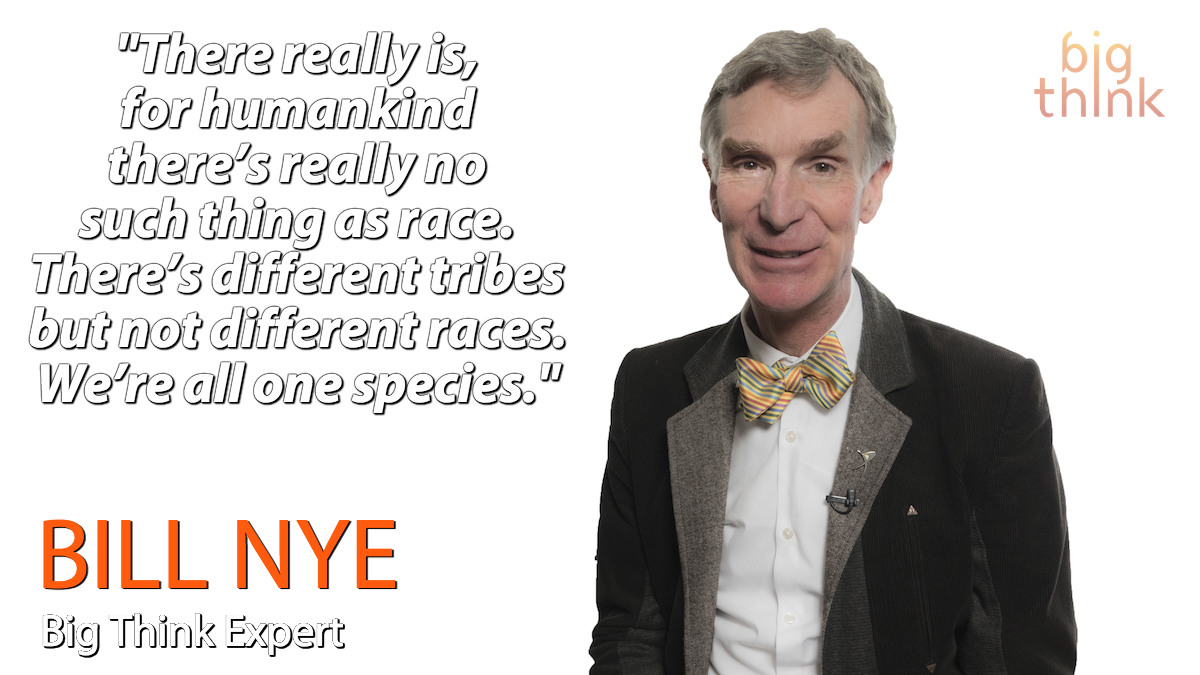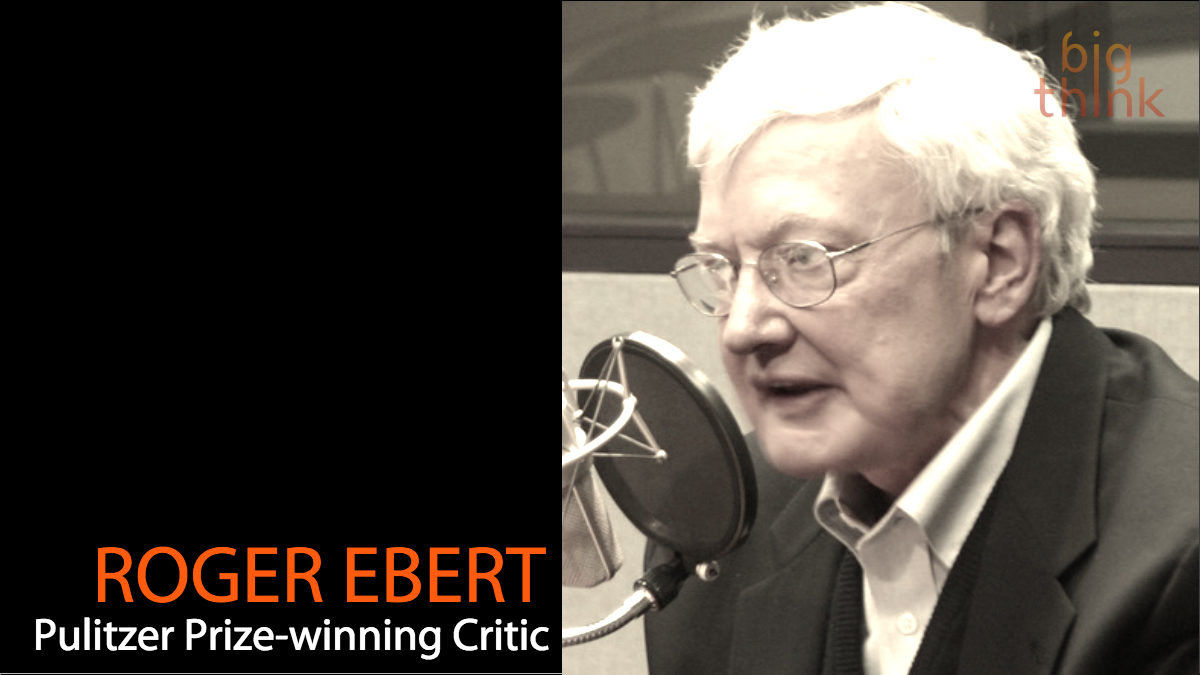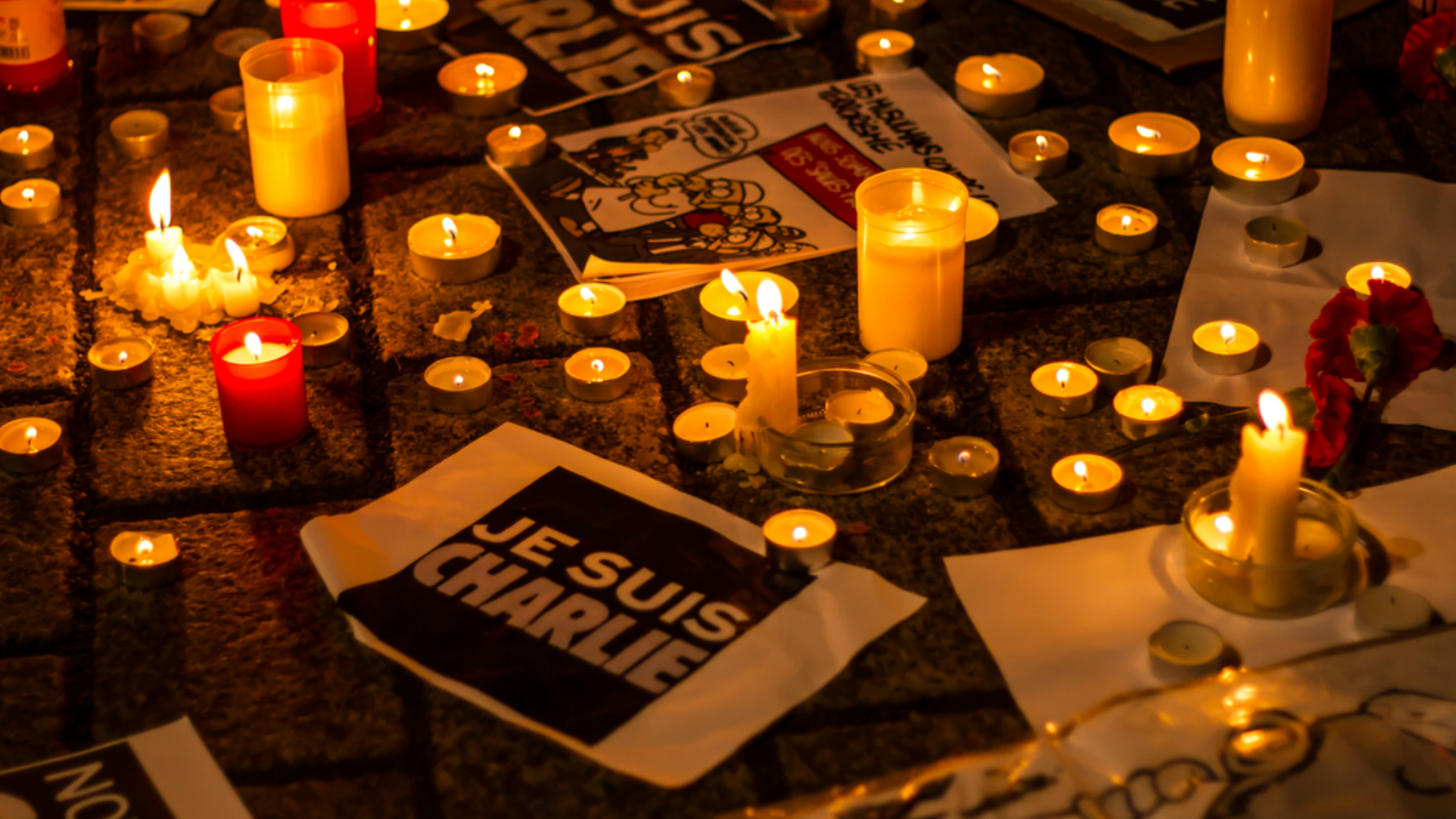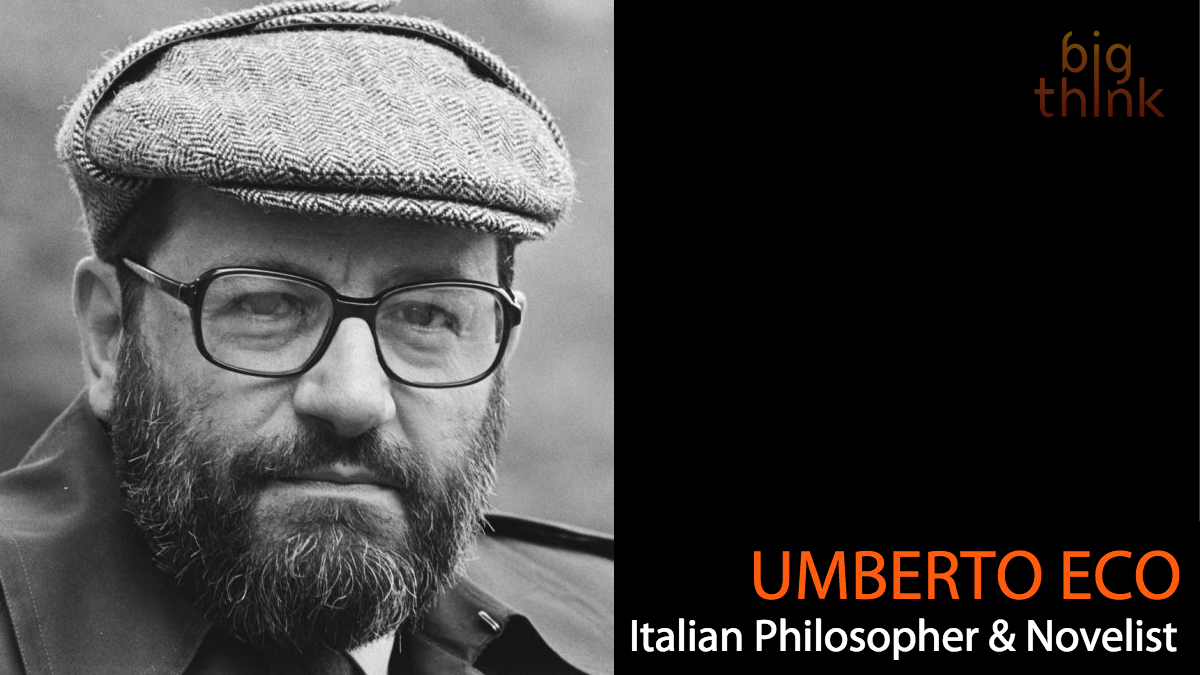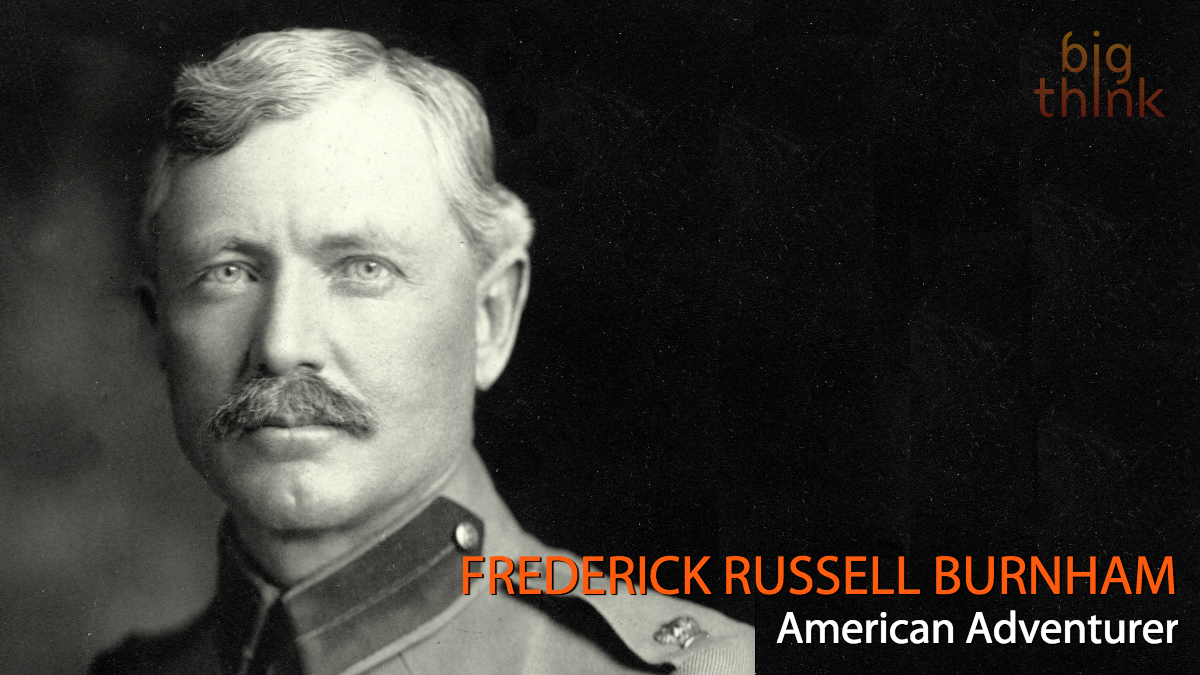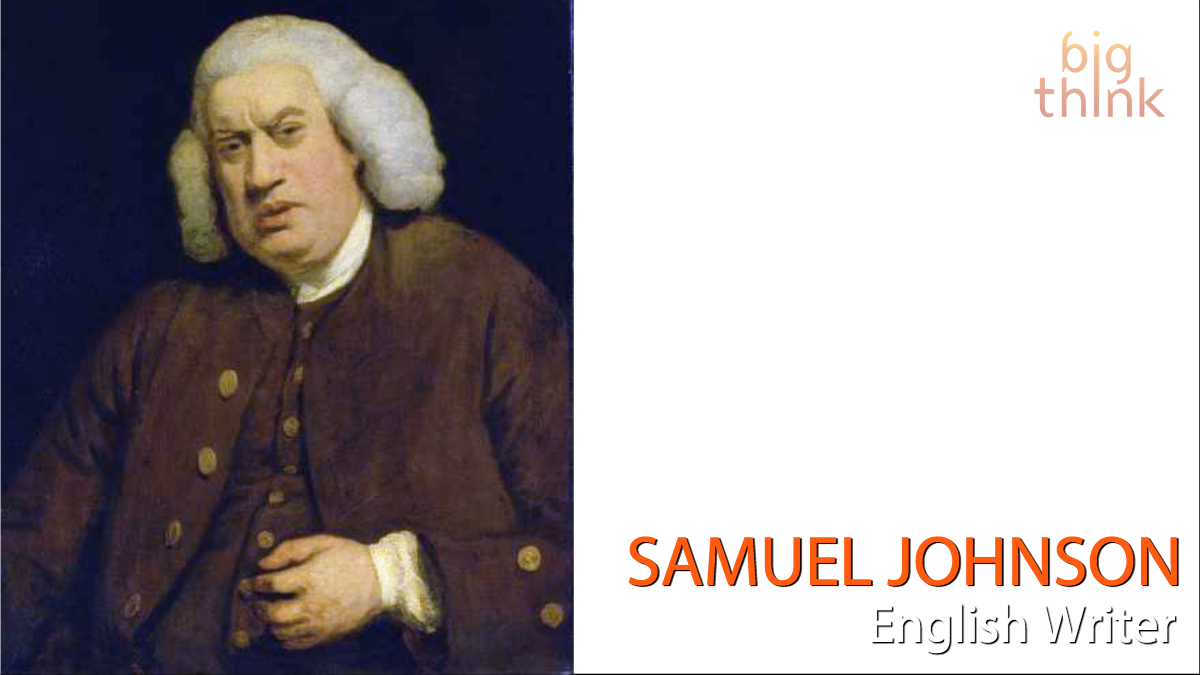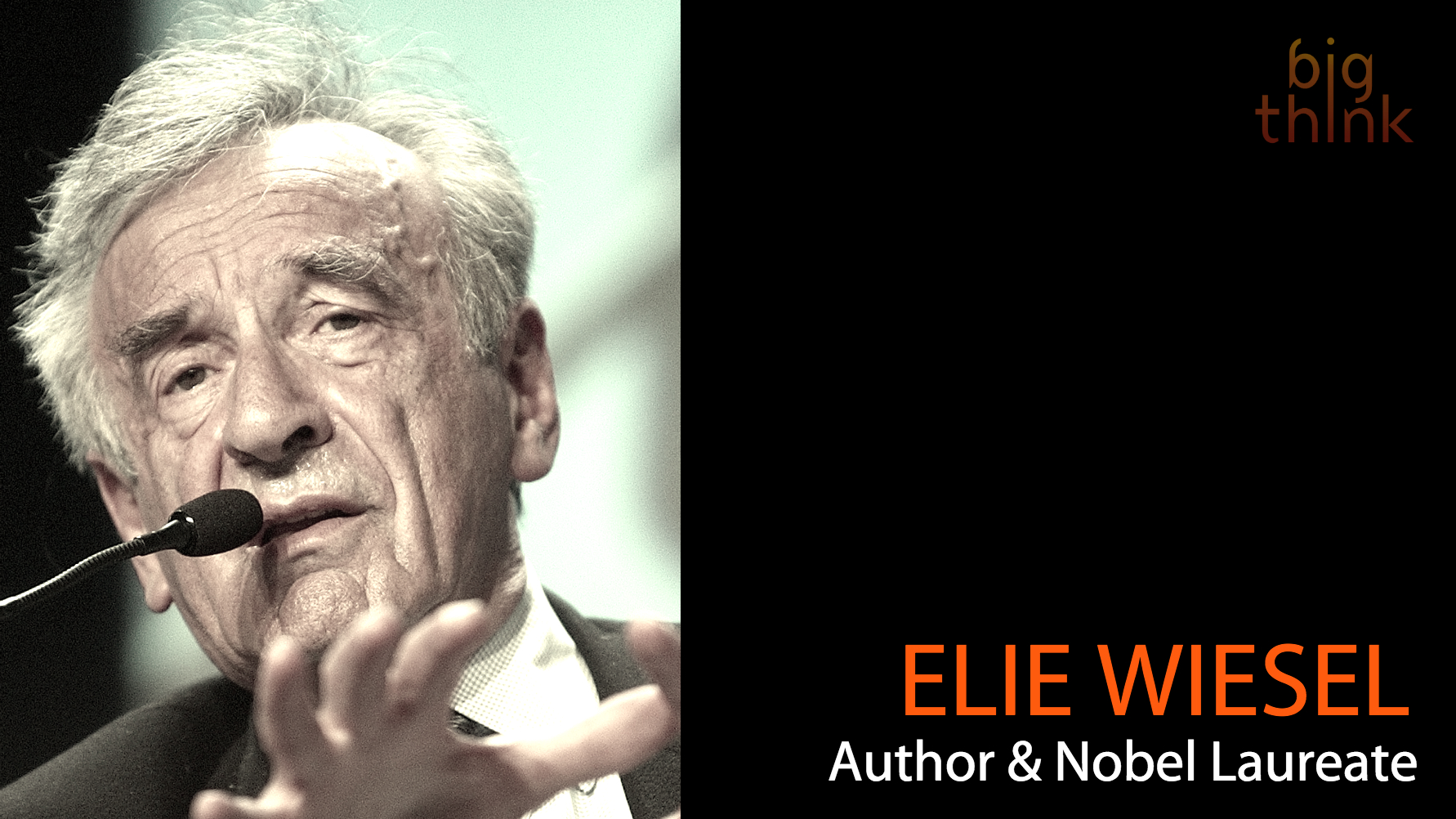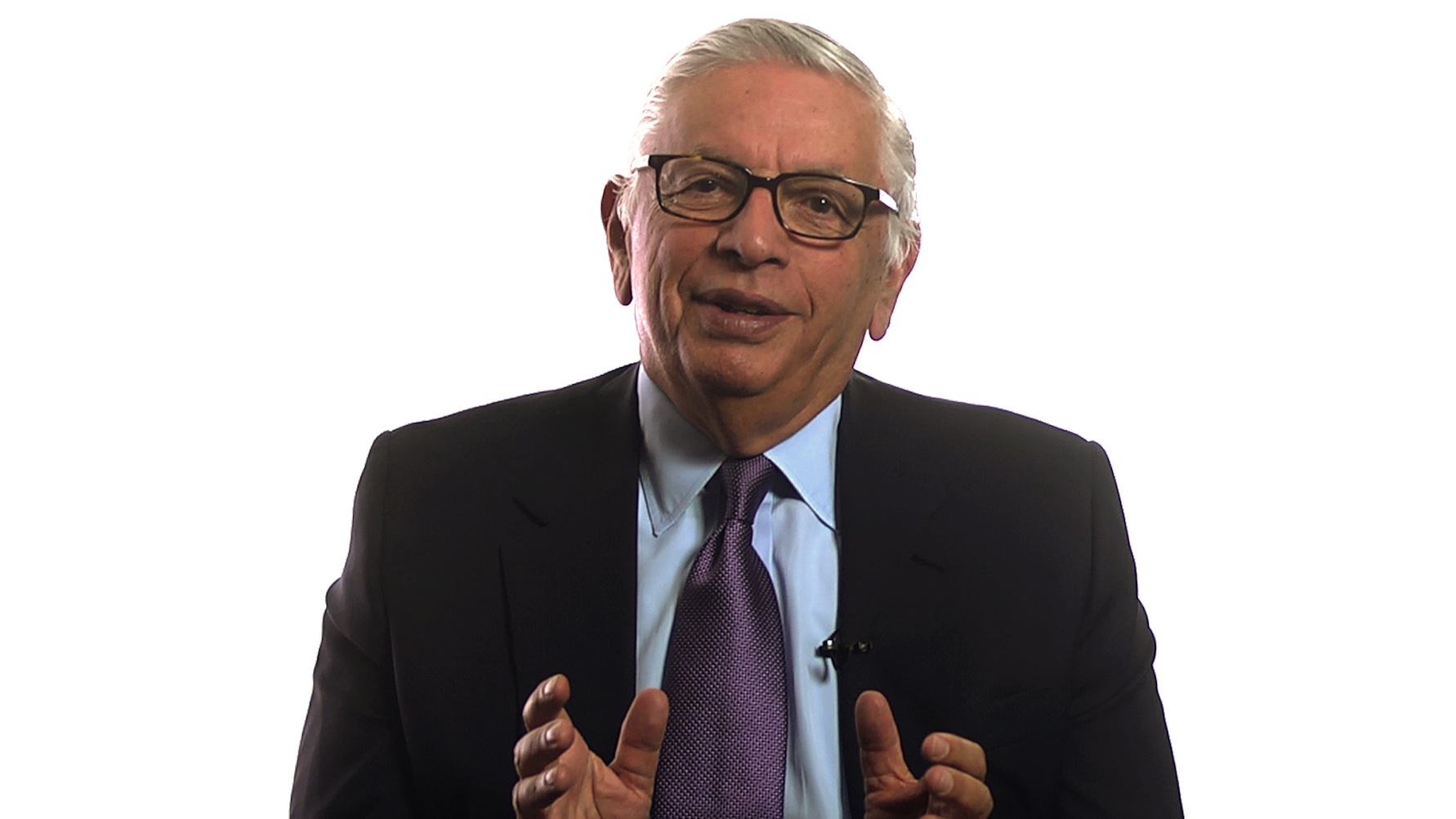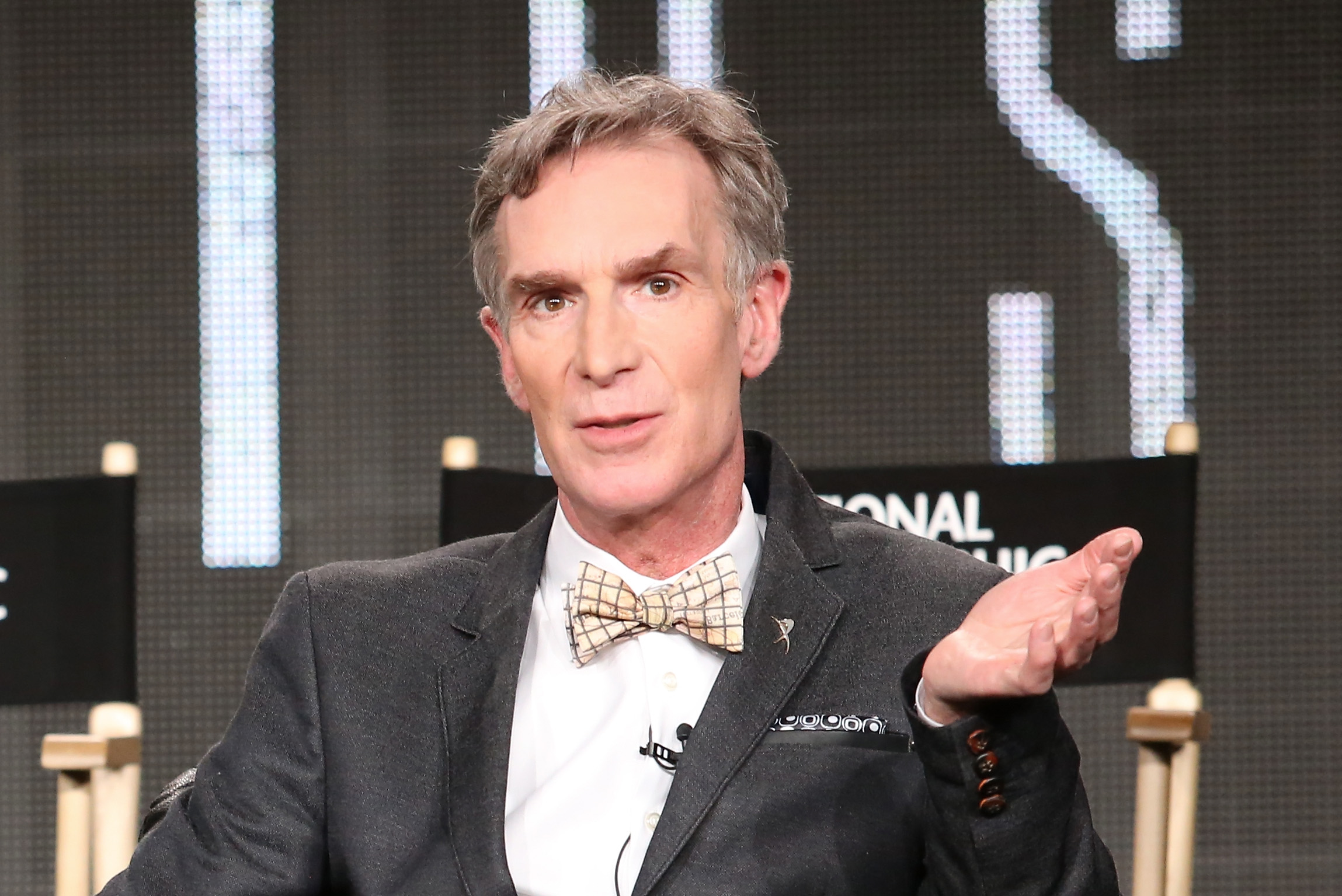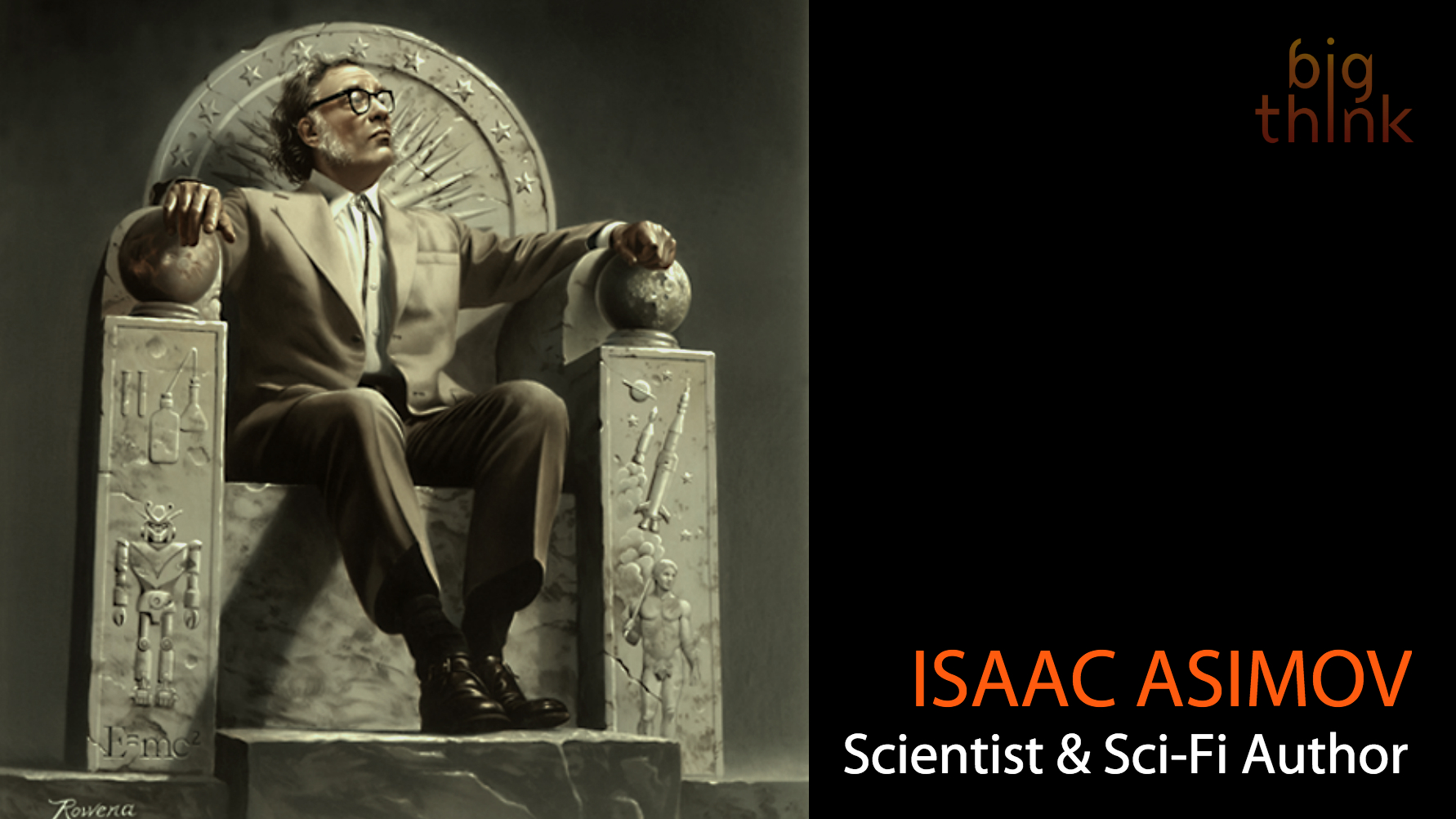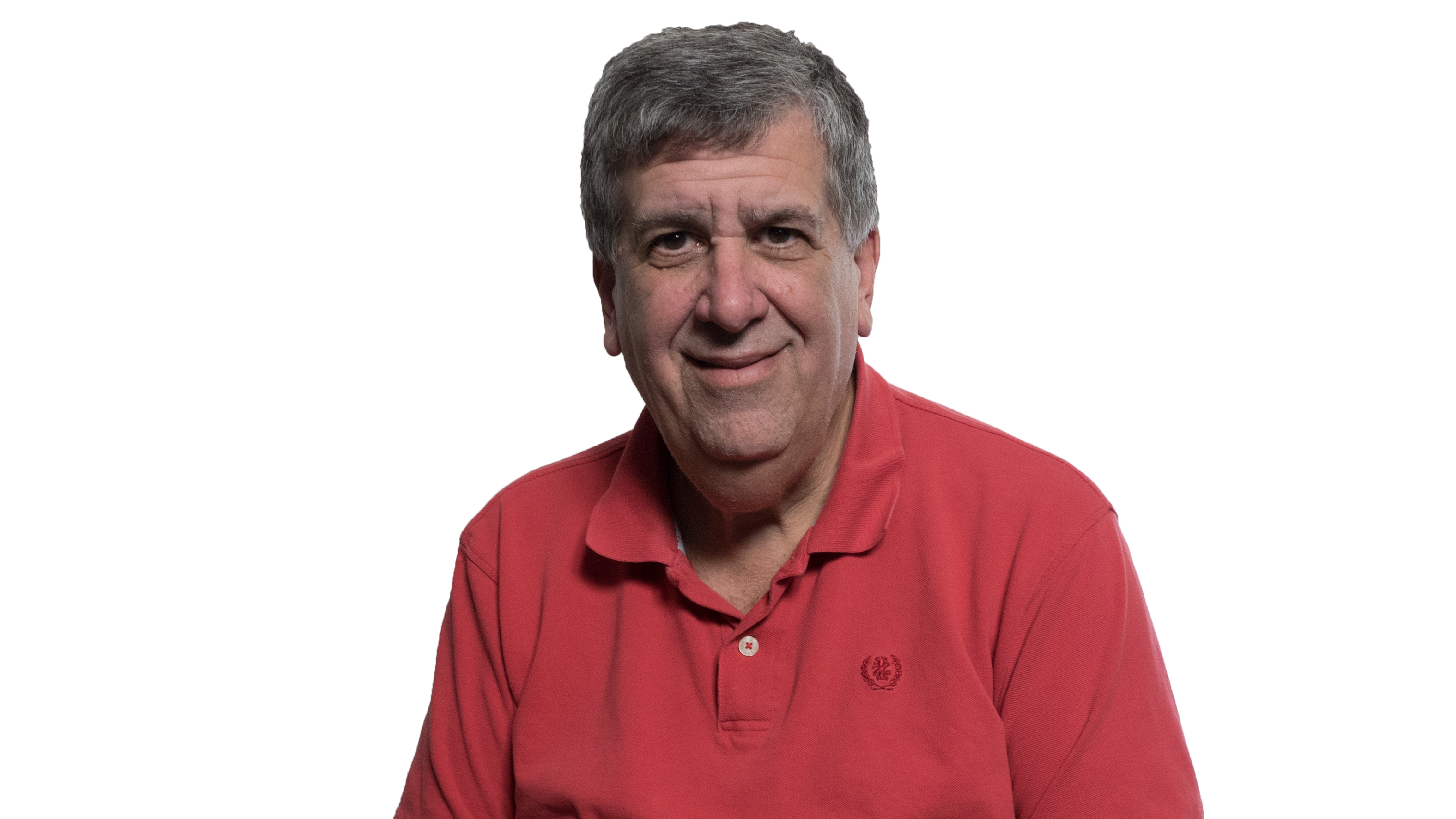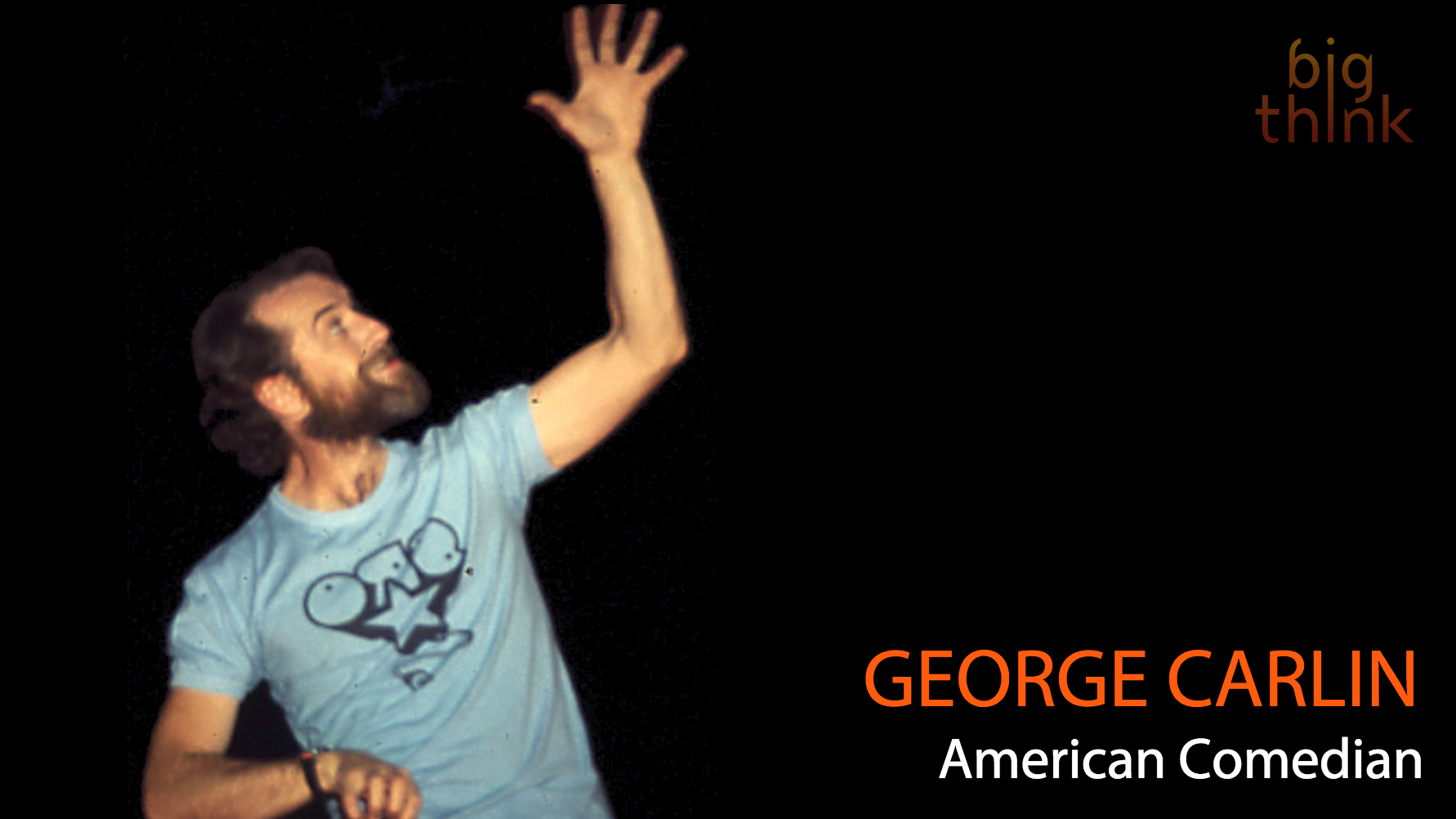bigthinkeditor

“I am of the firm belief that everybody could write books and I never understand why they don’t. After all, everyone speaks. Once the grammar has been learnt it is simply talking on paper and in time learning what not to say.”
“World peace, like community peace, does not require that each man love his neighbor—it requires only that they live together in mutual tolerance, submitting their disputes to a just and peaceful settlement.”
One of the world’s foremost psychiatrists specializing in PTSD recently visited Big Think to discuss the diagnosis and treatment of traumatic disorders.
In case you missed it from earlier this week, Walter Isaacson visited Big Think to discuss the inextricable link between new technologies and creative communities built around them.
In case you missed it from earlier this week, Bill Nye visited Big Think to discuss dog evolution and what it teaches us about race.
“A depressing number of people seem to process everything literally. They are to wit as a blind man is to a forest, able to find every tree, but each one coming as a surprise.”
The murder of a dozen Charlie Hebdo employees in France by Islamic extremists brings back memories of the unrest surrounding Muhammad cartoons published in a Danish newspaper in 2005.
“Not long ago, if you wanted to seize political power in a country you had merely to control the army and the police… Today a country belongs to the person who controls communications.”
Considered a major inspiration for the founding of the international Scouting movement, Major Frederick Russell Burnham was an adventurer who wrote on the power of leadership.
The biographer evaluates the current state of technology-based communities and suggests that future innovations will completely revolutionize the way we write books.
“Courage is a quality so necessary for maintaining virtue that it is always respected, even when it is associated with vice.”
The former Chief Evangelist steps into Mark Zuckerberg’s shoes and explains that if he were CEO of Facebook he would make sure not to alienate users by debasing their social media experience.
“When a person doesn’t have gratitude, something is missing in his or her humanity. A person can almost be defined by his or her attitude toward gratitude.”
The NBA gathers massive amounts of gameplay information through special cameras installed in its 29 arenas. Over the past several years, teams have learned to glean insight from the data and apply it to on-the-court strategy.
The Science Guy explores the social lessons to be learned from evolution. Paramount is that race, both as a classification for humans and dogs, is not a natural construct.
“There are no happy endings in history, only crisis points that pass.” The author and biochemist was born 2 January 1920.
Innovation expert Elliott Masie explains the goal of his MASIE Center think tank: to investigate the connections between technology, innovation, and learning. Part of this is understanding the instantaneous nature of commercial innovation.
“People who see life as anything more than pure entertainment are missing the point.”
Is innovation always a good thing? In the right hands, the myriad tech innovations on the immediate horizon could help solve humanity’s most pressing problems. In the wrong hands, change could lead to struggle.
“Human beings are good at many things, but thinking about our species as a whole is not one of our strong points.”
During a recent bout with depression, comedian Ruby Wax took time off from her career to pursue a Master’s degree in Mindfulness-based Cognitive Therapy from Oxford University.
The OkCupid co-founder has authored a best-selling book that analyzes user data from social media and dating sites to draw conclusions about modern human behavior.
The Russian-American author of Lolita wrote constantly on themes of oppression, subversion, and tyranny.
Big Think expert Nicholas Negroponte believes that access to education is a human right. He also believes that the internet is integral to a 21st century education. Therefore, access to the internet is a human right.
“I think dogs are the most amazing creatures; they give unconditional love. For me, they are the role model for being alive.”
Former NATO head Anders Fogh Rasmussen comments on the consequences of climate change in the Arctic and why geopolitical tensions are growing in the region.
“I am utterly convinced that Science and Peace will triumph over Ignorance and War, that nations will eventually unite not to destroy but to edify, and that the future will belong to those who have done the most for the sake of suffering humanity.”
“I think, at a child’s birth, if a mother could ask a fairy godmother to endow it with the most useful gift, that gift would be curiosity.”
“I regard consciousness as fundamental. I regard matter as derivative from consciousness. We cannot get behind consciousness. Everything that we talk about, everything that we regard as existing, postulates consciousness.”
In case you missed it from earlier this week, former NATO head Anders Fogh Rasmussen visited Big Think to discuss how NATO deals with terrorist threats and what the international community must do to combat ISIS.
